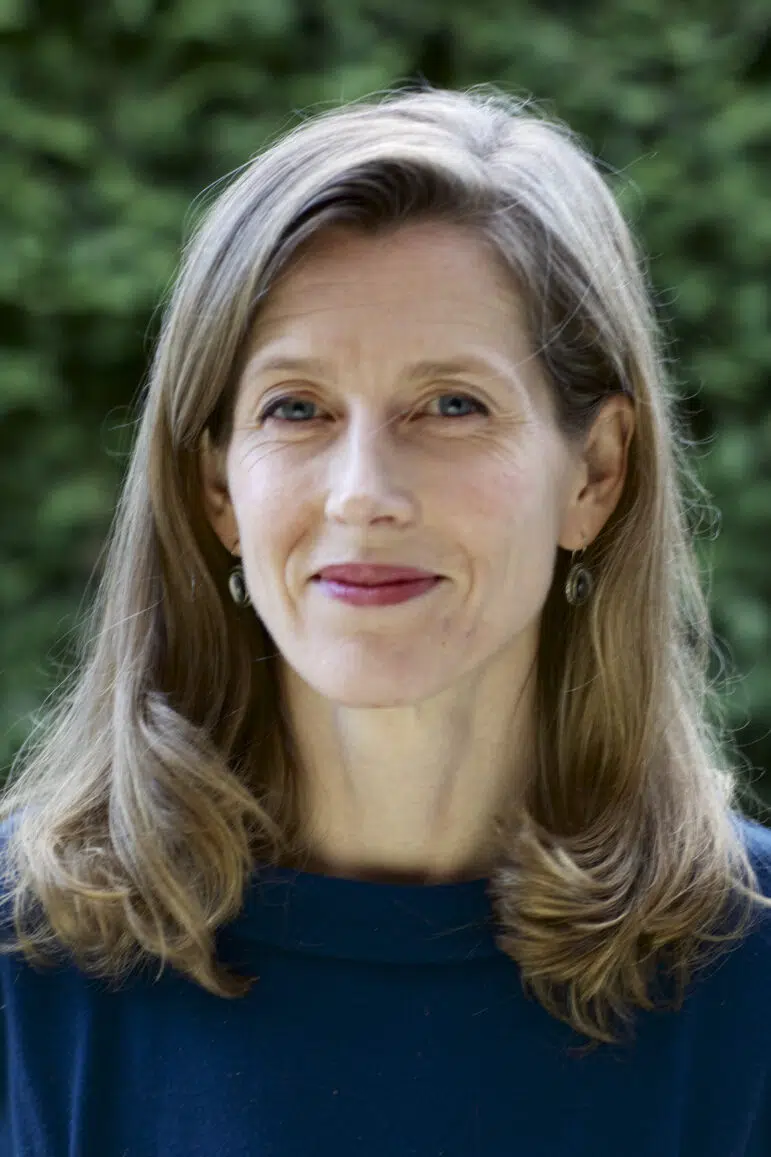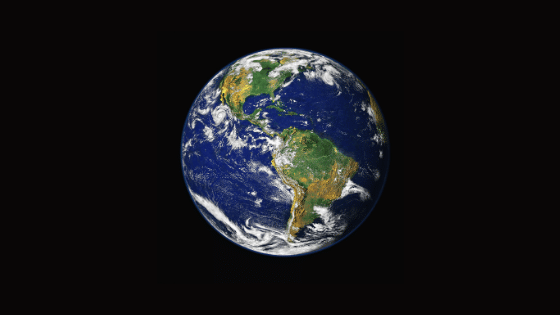Karenna Gore
Founder & Executive Director
Visiting Professor of Practice of Earth Ethics, Union Theological Seminary
Karenna Gore is the founder and executive director of the Center for Earth Ethics and visiting professor of practice of earth ethics at Union Theological Seminary in New York. Karenna formed CEE in 2015 to address the moral and spiritual dimensions of the climate crisis. Working at the intersection of faith, ethics, and ecology, she guides the Center’s public programs, educational initiatives, and movement-building. She is an adjunct faculty member at the Columbia Climate School.
Her previous experience includes serving as director of Union Forum at Union Theological Seminary, a platform for theological scholarship to engage with civic discourse and social change. She also worked at the legal center of Sanctuary for Families, which serves victims of domestic violence and trafficking, was director of community affairs for the Association to Benefit Children, which provides early childhood education and other services for New York City families living in poverty, and was an associate with the law firm of Simpson Thacher & Bartlett.
Karenna is the author of “Lighting the Way: Nine Women Who Changed Modern America” (2006), and has written for numerous publications, including Slate, El Pais (Spain) and the New York Times. She serves on the boards of the Association to Benefit Children and Riverkeeper, an organization that protects and restores the Hudson River and safeguards drinking water. She is also an expert in the United Nations’ Harmony with Nature Knowledge Network, an online platform of practitioners, academics, and researchers.
A graduate of Harvard College, Karenna earned her law degree from Columbia Law School and a master’s in social ethics from Union Theological Seminary.
To request an interview with Karenna, or invite her as a speaker, please send details of your event or publication to info@centerforearthethics.org
Karenna's Videos
Karenna's Videos
Ecological Justice – ‘Walk With Me’. Virginians and allies from the region walked with Union Hill, VA to demand environmental justice and a stop to the Atlantic Coast and Mountain Valley fracked gas pipelines. They were joined by William Barber III and Karenna Gore of the Center for Earth Ethics.
Religion and Climate Change: A Conversation with CEE Director, Karenna Gore and Berkley Center Director, Shaun Casey.
Karenna Gore moderates Council on Foreign Relations panel on Combating Climate Change. Jason Bordoff, Brenda Ekwurzel, and Kanta Kumari Rigaud analyze climate change and environmental management.
Q&A with Karenna
What led you to establish the Center for Earth Ethics?
The Center for Earth Ethics grew out of the groundbreaking Religions for the Earth conference held at Union Theological Seminary in September 2014, which brought together over 200 religious and spiritual leaders from around the world to reframe climate change as a moral issue and galvanize faith-based activism to solve it. In the wake of that historic gathering, it was clear that Union’s convening power, location, and social justice legacy made it an ideal center for generating effective dialogue about the moral dimensions of this crisis and also training people to be leaders in the transformative change we need to end it.
How do you envision the Center's role in addressing the climate crisis and issues of environmental justice?
The Center for Earth Ethics bridges the worlds of religion, academia, politics and culture as we discern and pursue the changes that are necessary to stop ecological destruction and create a society that values life. We are committed to an inclusive and ground-up model of movement-building that seeks to make national and global development policy intelligible and accountable to those living on the frontlines of ecological destruction. We view leadership in environmental justice as critical to leadership on climate change. Our classes, workshops and public programs feature voices from her communities most affected by the climate crisis and we seek to make those voices heard in both the public square and the policy-making world.
You have done a lot of work with Indigenous communities - why is this work so important to you?
My experience planning the Religions for the Earth conference afforded me a crash course in interfaith dialogue in which I quickly became aware that indigenous traditions had often not been afforded the same weight in those venues. That had to change. Having been educated at Union Theological Seminary, I was aware of the relationship between colonization and the Church, and eager to explore the links between social and ecological issues, so the conversation about the oppression of Earth-honoring indigenous traditions flowed naturally. The voices of indigenous peoples were very strong and clear in calling our attention to their message about humanity’s relationship to the rest of the web of life on Earth. I consistently found that to be the most compelling aspect of the work, both in terms of theological reflection and in terms of practical application. Now we are very honored to have our Original Caretakers program as the cornerstone of the Center for Earth Ethics.
How do you understand the climate crisis and why do you think it’s important to frame it as an ethical issue?
I think the root cause of climate change is the economic development paradigm that values short-term monetary gain (no matter how inequitable or destructive) over long-term well-being of the whole. We must place value on the most sacred aspects of our lives—community, culture, clean air, nourishing food, and drinkable, fishable and swimmable waters—if we are going to protect them for future generations. Climate change is about more than science and economics, it is about morality, ethics and the very meaning of life.




